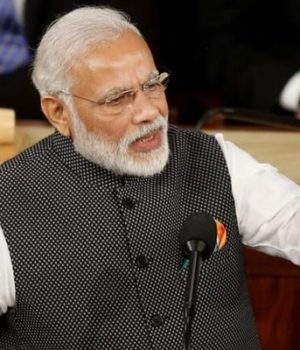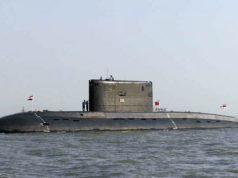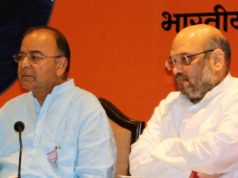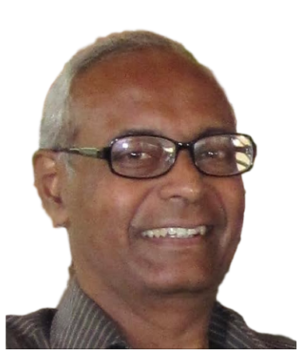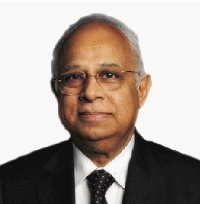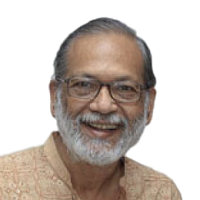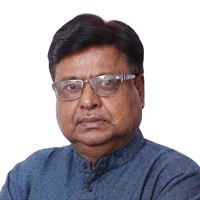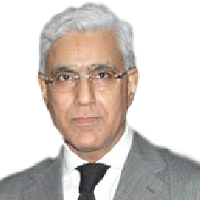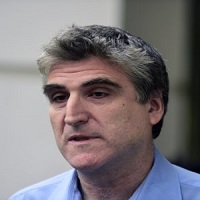The scrapping of high-value notes will be good for PM Modi’s mid-term scorecard, say foreign media
It was difficult for observers to argue at the start of the month, with his term as Indian prime minister approaching the half-way mark, that Narendra Modi had exceeded expectations with policy reforms.
Then he took his biggest step yet. With a sudden move against tax evasion and graft, he invalidated more than three-quarters of the value of banknotes in circulation. That’s helped to — once again — resuscitate a reform narrative that’s periodically faded as Modi retreated from initial plans. At the mid-term point this week, it all leaves a record perceived very much as mixed.
Voters in 2014 handed Modi the biggest electoral mandate in 30 years, fed up with corruption scandals and soaring inflation. Investors were heartened by his track record in slashing red tape as chief of one of India’s fastest-growing states and Modi’s stirring speeches saw him feted like a rock star at home and abroad.
While Modi remains India’s most favored leader, a Pew survey in September showed that public anxiety is rising to levels seen before he took office. A failure to rein in rising concern on jobs and corruption risks imperiling prospects at key state elections next year and a national contest in 2019.
“Modi’s lofty election rhetoric in 2014 set expectations unrealistically high among both foreign investors and many voters,” said Sasha Riser-Kositsky, an analyst at Eurasia Group. “Relative to those inflated expectations the government has fallen short.”
Here’s an assessment of progress in five key areas of Modi’s pledges:
ECONOMIC INDICATORS
Modi swept to power pledging development and dignity for each of India’s 1.3 billion citizens. He’s achieved some of that, reversing a growth slowdown that saw his predecessor voted out. India is now the fastest-growing major economy, clocking a pace in excess of 7 percent, though the numbers may be flattered by a new method of calculating gross domestic product. Global funds boosted holdings of the nation’s stocks and bonds and inward foreign direct investment surged.
Under the hood, though, the signs are mixed. Factory output, measured monthly, has averaged year-on-year gains of just 2 percent since Modi took office. Exports have fallen a total 7.2 percent. Perhaps most worryingly, India isn’t creating enough jobs for the 1 million people who enter the workforce each month.
EASE OF DOING BUSINESS
One reason for the jobless growth is that Modi has been unable to win support from lawmakers and unions to ease some of the world’s most rigid land and labor laws. While India under Modi has risen to 130 in the World Bank’s Doing Business ranking from 142, part of the progress again comes from a methodology change. Modi’s target to break into the top 50 by 2018 remains distant.
Modi has completed just seven of 30 big reforms pending on the day he took office, according to the Center for Strategic and International Studies. A bankruptcy law cleared by parliament in May will take years before being fully implemented, while economists say a landmark national sales tax is ” far from perfect.”
The new levy is “nonetheless likely to prove more efficient and encourage more compliance than the convoluted system currently in place,” said Shilan Shah, India economist at Capital Economics Ltd.
Jagdish Thakkar, a spokesman at the prime minister’s office, didn’t reply to an e-mail and calls to his office requesting comment on the Modi administration’s reform record.
BLACK MONEY
India’s convoluted tax and regulatory system created a massive parallel economy, which Modi had vowed to break. The start here was slow: amnesty programs for illicit cash stashed overseas recovered just 20 rupees for each of India’s 1.3 billion citizens, far short of the 2 million Modi had said was possible. An offer to domestic hoarders did better, garnering declarations of more than 600 billion rupees.
Modi’s biggest move came just days ago, however, when he surprised Indians by banning overnight the use of 500 and 1,000 rupee notes, rendering 86 percent of currency in circulation worthless. The step can uncover as much as 4.6 trillion rupees of unaccounted money, according to economists, though opinions are mixed on whether this would curb future tax evasion.
In the first four days of demonetization, about a fifth of the total value of high denomination notes has been deposited in banks.
SOCIAL PROGRESS
While Modi has made progress on his goal to open bank accounts for the poor and improving financial security in a nation where millions live on less than $2 a day, his term has been marked by allegations of rising social strife.
His Hindu nationalist party has been accused of ignoring the needs and rights of so-called lower social classes and religious minorities. Modi has been criticized for failing to quell speeches by his party’s lawmakers that inflame religious tensions in the constitutionally secular nation.
“From an economic point of view we are moving in the right direction. The argument could be on the speed, but not on direction,” said Nilesh Shah, managing director at Mumbai-based Kotak Mahindra Asset Management Co., which manages $9.5 billion in assets. “There will always be events — political, social or geopolitical in nature — which might change investors’ views.”
FOREIGN POLICY
For the initial year of his term, foreign policy was seen as the unqualified success of Modi’s administration. Virtually overnight Modi went from being an international pariah to the object of affection for global leaders.
Allowing more foreign investment in sectors including defense and railways made India one of the most open economies in the world, yet global companies such as Skoda Auto AS want greater access if they’re to meet Modi’s conditions of technology transfers. India’s relationship with the tech industry has become increasingly fraught.
His policies are increasingly being questioned, however, as tensions rise with neighbor and traditional rival Pakistan. Increasing nationalist rhetoric also risks worsening relations with China, which is seen as Pakistan’s ally.
After years of policy deadlock under less stable governments, Modi has turned to “low hanging fruit,” said Arjen van Dijkhuizen, senior economist at ABN AMRO Bank N.V. “To remain an investor darling, Modi should keep the reform momentum alive.”
Source: Bloomberg


